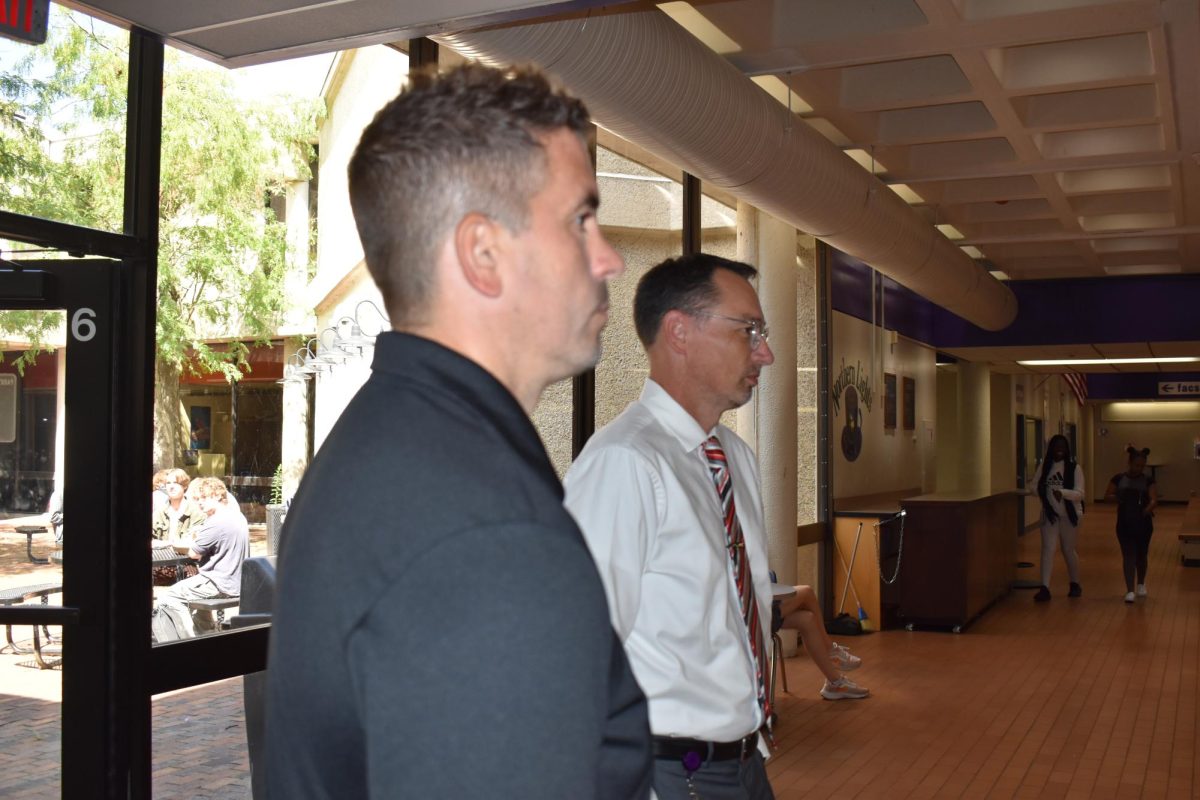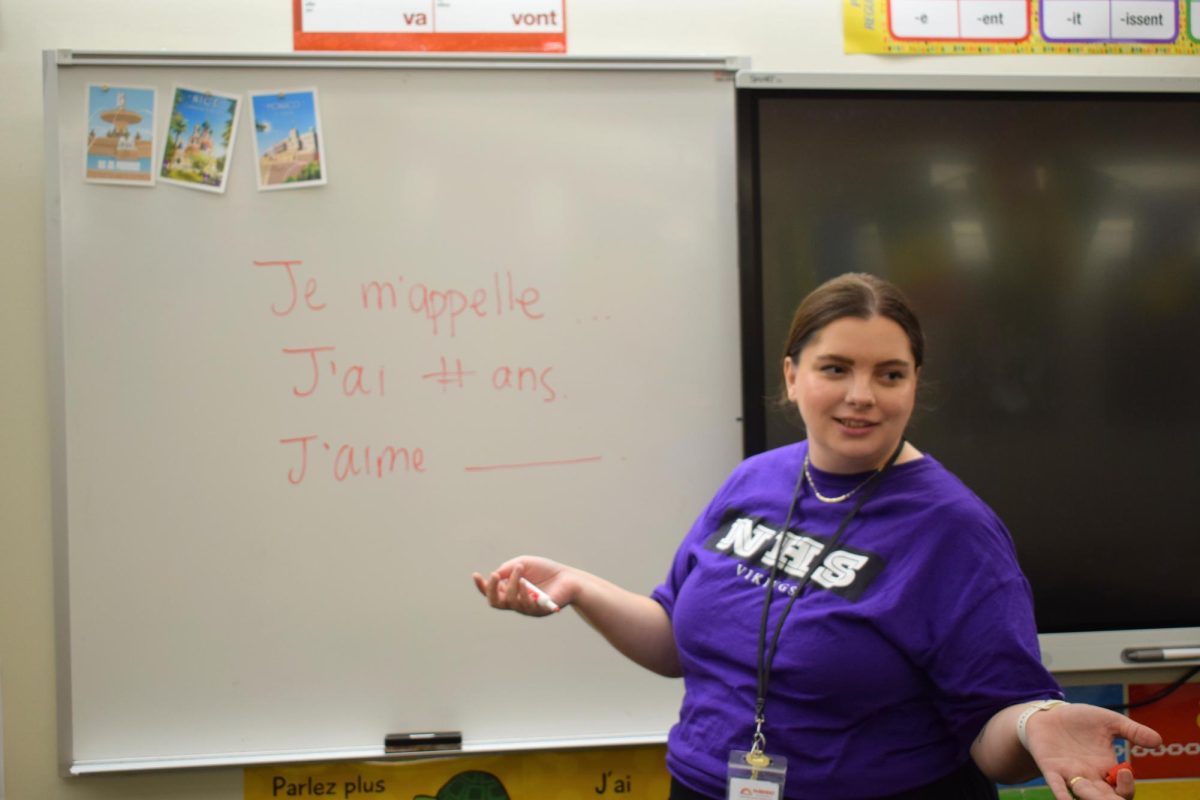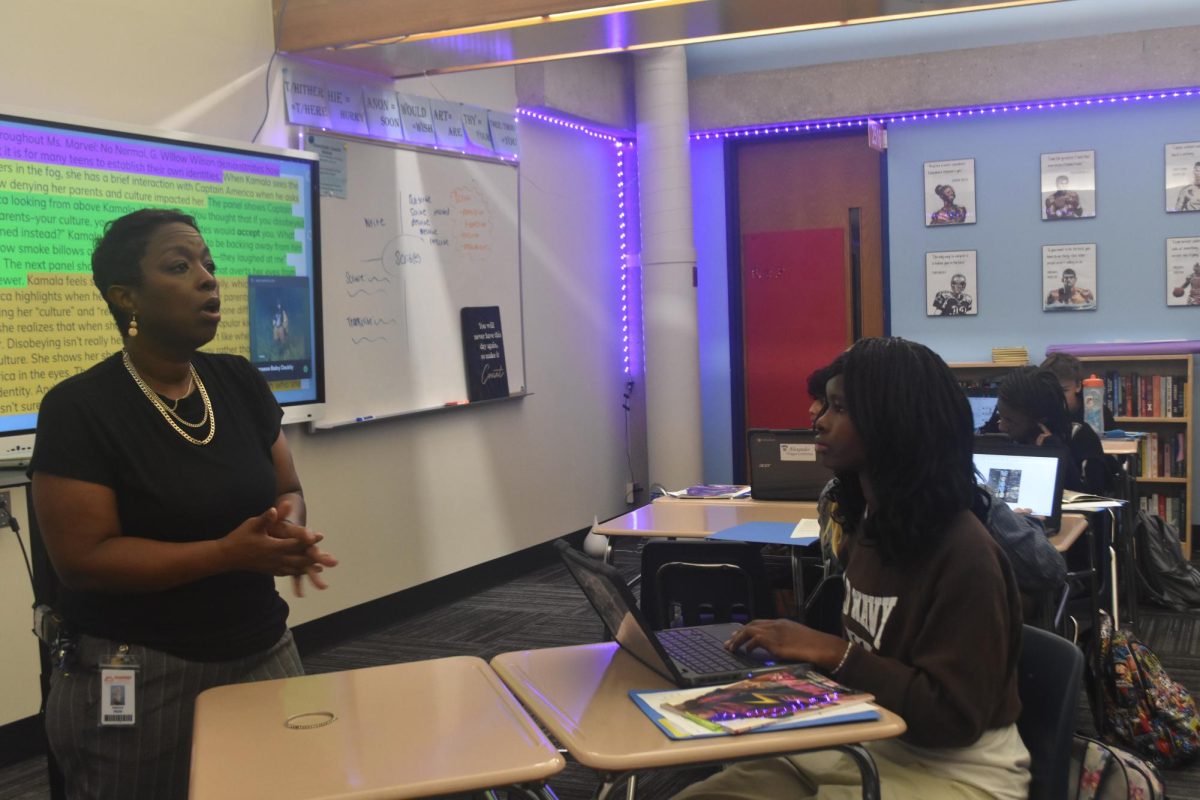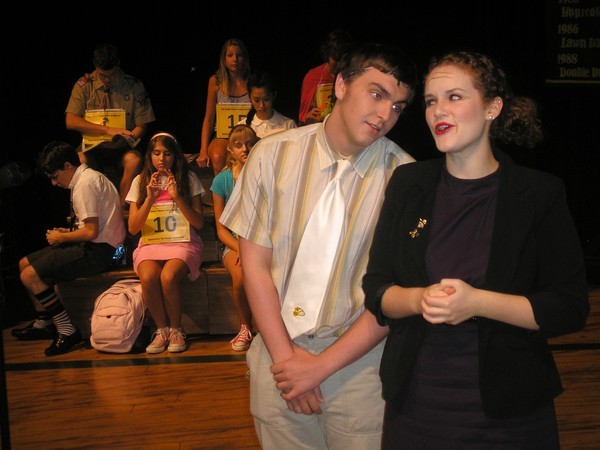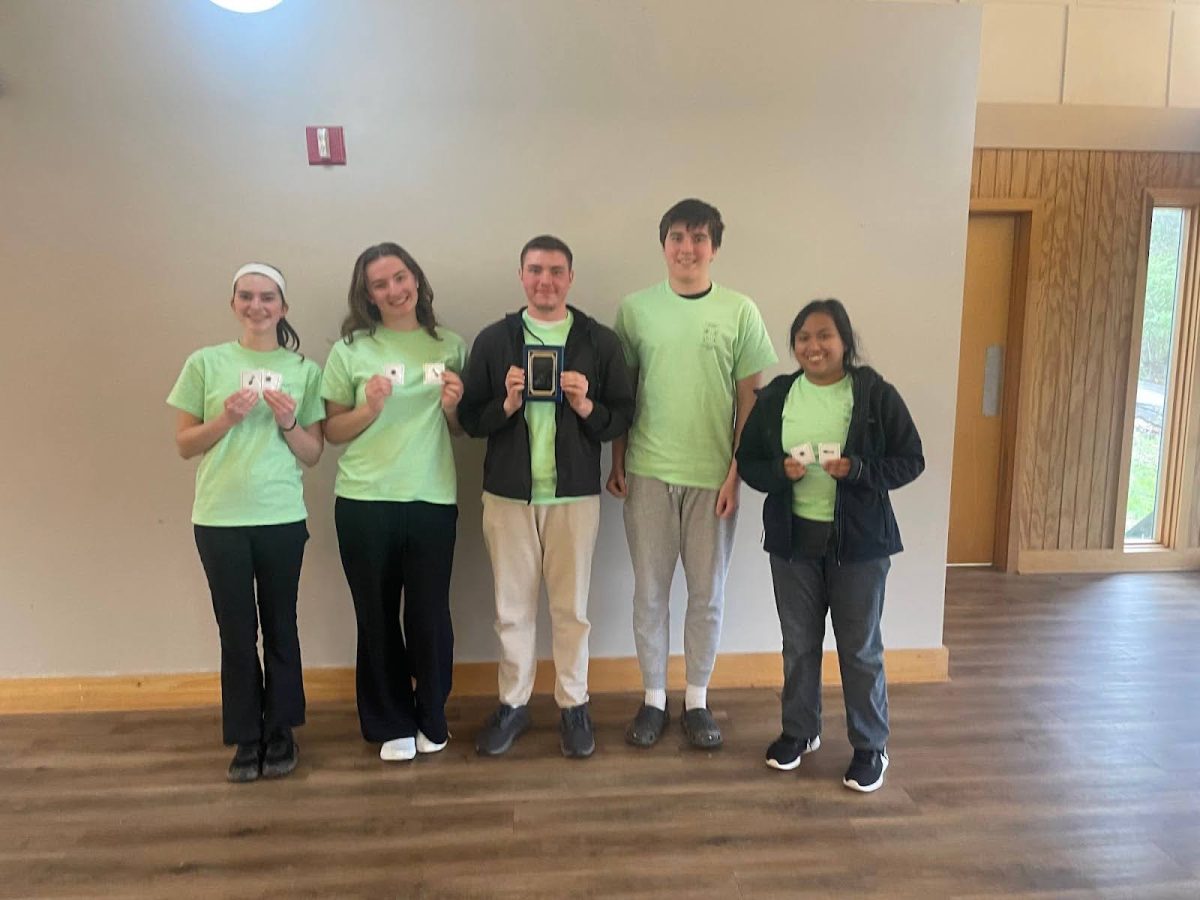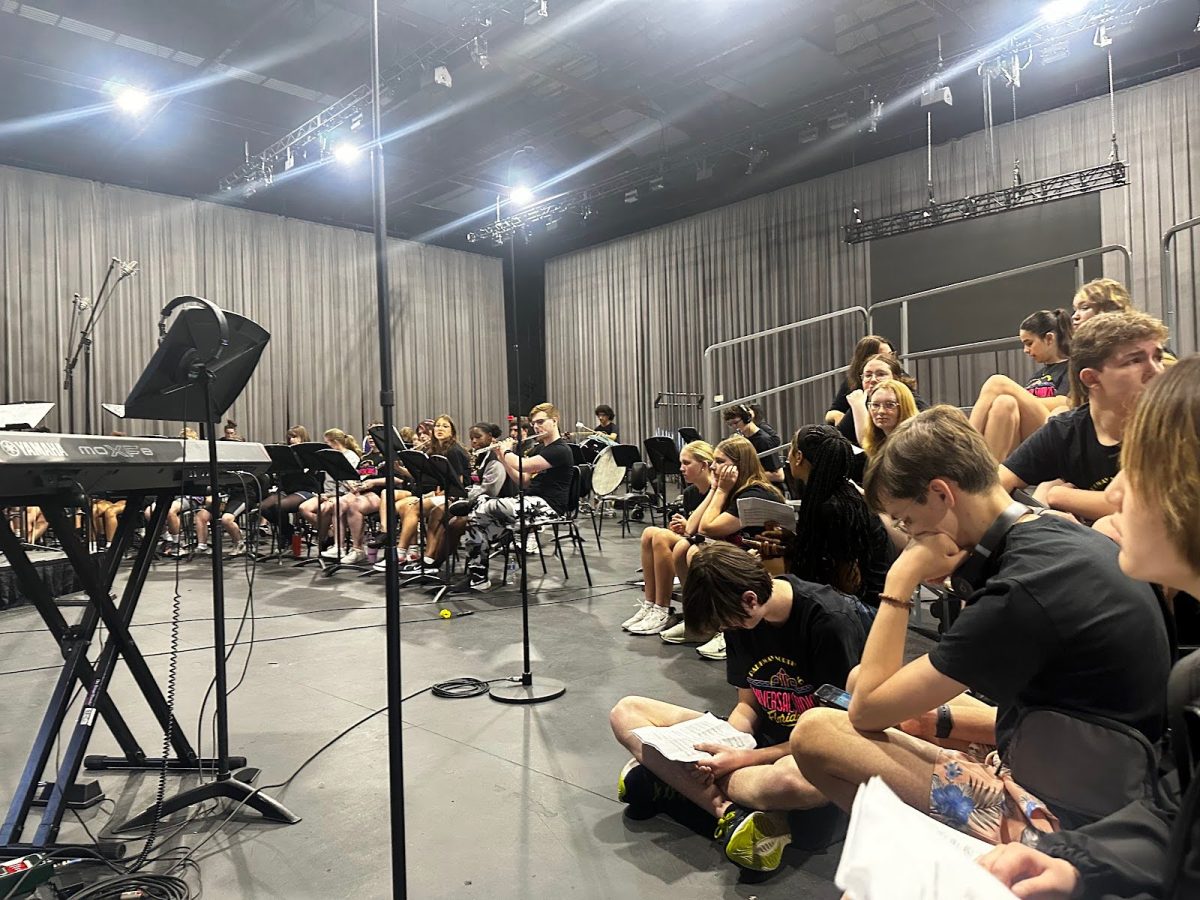In-school safety has been a topic for districts around Saint Louis this year due to several incidents that have occurred at football games as well as in hallways at school. According to a survey conducted by The School Pulse Panel, about 1 in 3 of the nearly 850 public school leaders noticed an increase in student fights or physical attacks in 2022 and an increase in classroom disruptions from student misconduct.
To combat this issue as well as to help improve academics, the Parkway District has instituted a number of new policies concerning student safety including a district-wide hall monitoring responsibility for teachers.
“We wanted to take a look at a better way to utilize our existing staff to take care of some much-needed items,” said principal Dr. David Jones. “We met with our teachers and administration to try and figure out what each building needs and how to create a safer environment.”
One way to do this is to keep students in the classroom and out of the hallways during instructional time.
Other than the immediate goals of the system, long-term benefits include reducing on-campus drug use, assuring additional safety against potential threats of violence, and increasing instructional time and grades.
“We’ve seen a lot of success from it in just the first few weeks,” Jones said. “Students are in their classes and teachers are satisfied with the general outcome.”
The number of fights and referral for drugs are down. Suspensions are at a lower level than last year at this time. The faculty has noticed fewer students in the halls during class times and fewer students missing instruction because they are wandering the halls.
Despite the good the system poses to do, some students and faculty have expressed dissatisfaction with it. The main issue for students is that many have seen no real change in day-to-day school life, making it seem as if the system isn’t working. Meanwhile, teachers have issue with losing their planning time since they are scheduled to do it during their planning time.
“I go into the hall, I’m asked for my e-hall pass, I say I don’t have one, and everyone just moves on with their day,” junior Chloe Lancaster said.
Teachers are not expected to check every student for a hall pass, as there is an aspect of trust between traveler and monitor. This creates the false perception that teachers are not doing their jobs, as students only see the lack of action by the monitor.
“It feels unnecessary. They have so many other new protocols,” junior Angeline Miller said. “It doesn’t really change anything other than the hall passes.”
While it may seem that the system is somewhat lackluster on its own, more positive changes are on the horizon in the coming years.
“We haven’t started the second phase yet; we haven’t added the academic piece,” Dr. Jones said. “We have hall-monitoring, of course, but we’ve also started using quiet rooms during lunches and separate study environments for students this year. There are more changes coming soon.”
The academic phase is poised to create new accessibility options for struggling students and add new choices for learners needing special accommodations. These changes, such as alternate testing environments will be more noticeable than the hall monitoring which mostly exists in the background of student lives.
“The academic phase, and the plan in general, will do a lot of good for students,” Dr. Jones said. “I hope more people will notice that.”


